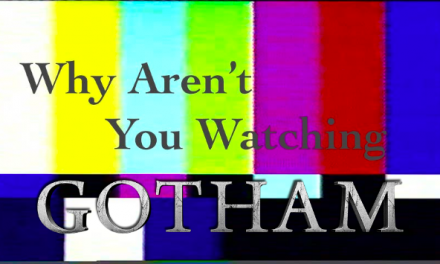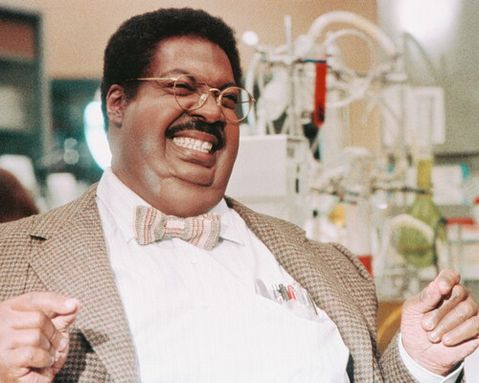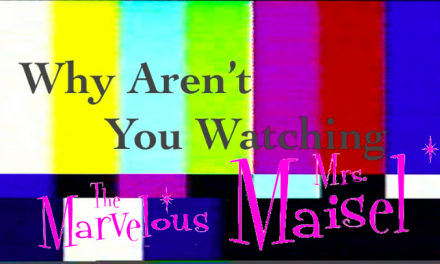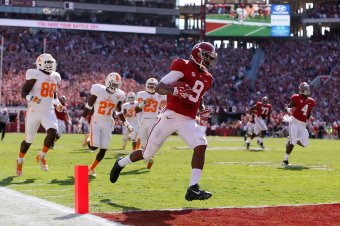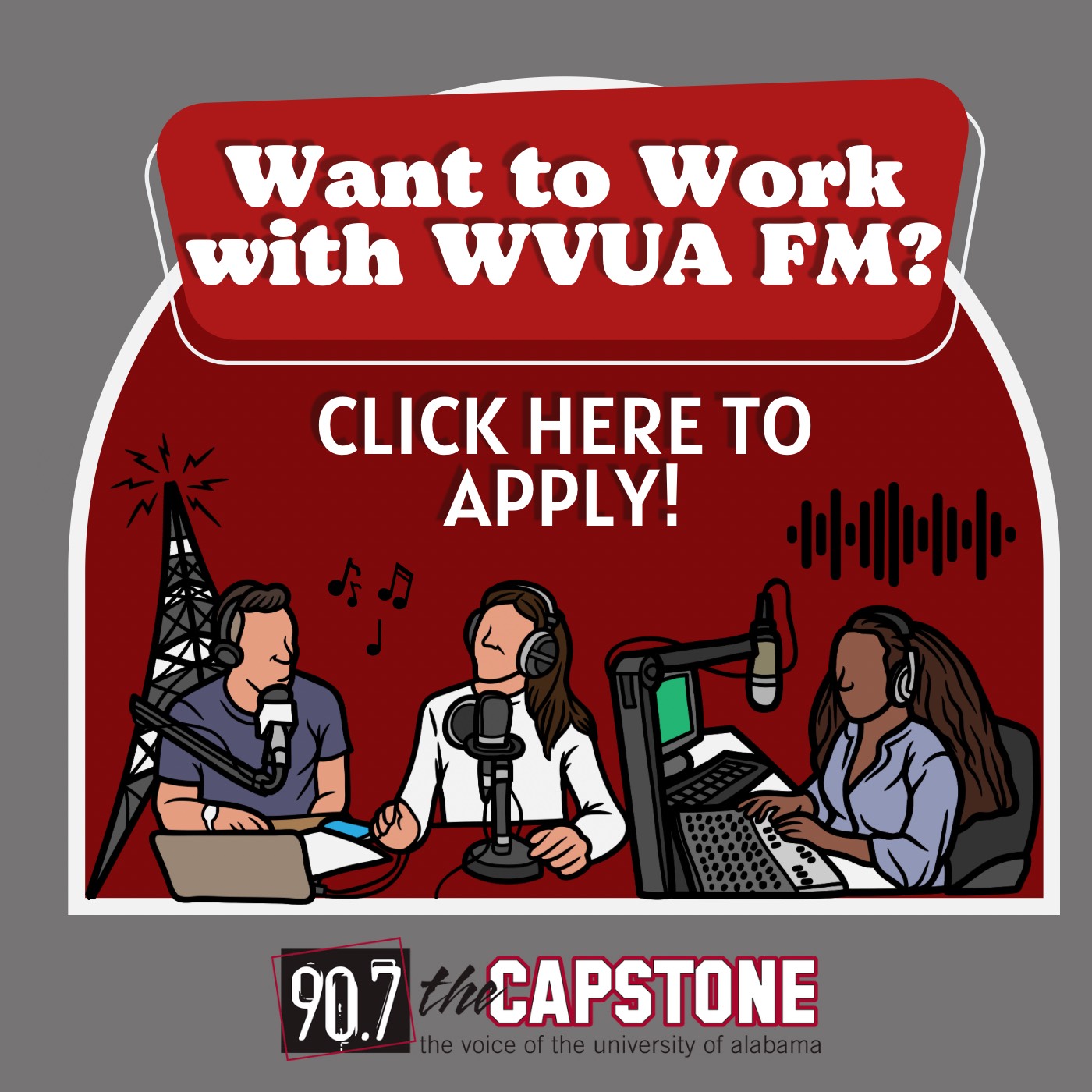The University of Alabama has been graced with no shortage of sensational on-campus spectacles through the years. One thing every student should know about is the talent we hosted at the height of classic rock. I sat down with Michael Trucks, UA Alum and member of the University Program Council to reflect on some of the highlights and take us through a trip down memory lane.
Michael Trucks: “I had read in Rolling Stone of somebody who was close to Jimi Hendrix. I called him up in New York and he became my original partner in the concert business…I said Tony, we’ve got a building that’s 16,000 seats, the largest building in the state [Coleman Coliseum]. Let’s do shows. Over those years we did everybody from Jimi Hendrix, to Led Zeppelin, the Rolling Stones, to The Who, to Elton John to Elvis Presley, Santana, the Grateful Dead…virtually everybody.”
Tell me about your role.
MT: “The University Program Council started in 1969 when I was a freshman. It was split in divisions for things like music, speakers, movies, special events etc., I was always involved in music. Since we were hippies, you know it was a different era, we believed students should do programming for their fellow students. We went to the administration and we asked them for some money to do this. They gave us a budget and at that time we also requested that we have no direct oversight from the university. We were solely independent to do what we wanted. They agreed. Very different time.”
“My job with the music division was to coordinate and schedule shows, oversee ticket sales and advertisements. But we all had our own roles. I don’t want to suggest at all that it was a one-man-show. In the 1970’s, Coleman Coliseum was the only large building in the state really–that was a huge reason we were able to host such big shows.”
So how did you make connections? Was it all from the connection from Tony, the man you found from Rolling Stone?
“Well, that’s where it started. Things were very different then as far as touring goes.”
How so?
“So, we were doing a show with The Band. I drive up to Tuscaloosa, I have a 1968 Chevelle Chevrolet. I go to the Birmingham airport to pick them up, it’s five guys in the band plus their road manager. I said listen guys just pile on in, I’ll be giving you a ride back to Tuscaloosa. So I’ve got them just virtually sitting on top of each other. We get down the road and I say ‘Are you guys hungry?’. They vote on Kentucky Fried Chicken. I make each of them give me $3 and I go in and buy them a bucket of chicken. Different times.”
I know some years have gone by, but what do you really think changed in the music world?
“When it’s all said and done, it always comes down to one thing. Money. Back then paying a band $10,000 was a lot of money. For example now, big acts like Paul McCartney and Bruce Springstein are making excess of about one million for every show while touring.”
“And again, we were just in a different time. We were doing the Allman Brothers Band and the night before, they got arrested in Jackson, Alabama. So, what do you do? You call up Jackson City jail. The guy answers the phone and I say this is an unusual request coming from a university, but do you happen to have a band there called the Allman Brothers?’ ‘He said yep sure do.’ ‘I know this is strange, but could you go back and ask for Duane, ask him if they’re going to make it to Tuscaloosa?’ I hear him reach the phone out and say, ‘Which one of you is Duane? There’s some guy on the phone wondering if you’ll be in Tuscaloosa tomorrow.’ Duane says yep, tell him we’ll be there.”
What is an event during this time of your life when you think, wow, I’m really proud of that?
“I think it was when we got The Rolling Stones to play. They played where we had all the larger performers, the Coleman Coliseum. The opening act was Stevie Wonder which was really cool. It was during the Stones 1972 tour.”
-Trucks recalled some stories as the band prepared backstage for the show, one being a particularly memorable story of Keith Richards living up to his hardcore reputation:
“Keith walked in the dressing room and sat down at a small table with one chair. He grabs a quart of tequila, reaches in his pocket and pulls out 2 or 3 grams of cocaine. I then went about my evening and tasks, about 40 minutes later I came back and Keith’s still sitting there. Except this time all the tequila is gone along with the cocaine–he looks up at me and says “give me the fucking guitar I’m ready to play”
One of the most fascinating parts about my conversation with Trucks was being able to hear about his experiences with some of the most noteworthy acts of the 20th century as a college student:
“We were doing another show in Morgan, that was Billy Joel–Piano Man had just been released. I went to pick him up at the airport and he had a Mastercard with a $500 credit on it and he couldn’t rent a car. They needed a van for some equipment and I said you know I’ll advance you some money, but we’ll take it out of the pay from your gig. He said “okay”. He ended up staying in Tuscaloosa for about three days just hanging out.”
They’re a personal favorite of mine so I must ask, do you by chance remember when Stevie Nicks and Lindsey Buckingham came in 1975, were you there?
“Here’s the story, and once I’m finished you’ll see that I had no clue what I was talking about. I picked them up from the Birmingham airport and drove them to Tuscaloosa. The three of us went to dinner and we’re having a discussion, and we’re all about the same age. They were talking about this Buckingham Nicks tour and that it was not going well, their record wasn’t selling. They weren’t really sure what their next move would be–they said maybe we’ll make another record but we’ve also got an invitation to join Fleetwood Mac. I responded, ‘the British blues band? That makes no sense at all. That’s a terrible idea. Go make another record but don’t join Fleetwood Mac–fortunately they didn’t listen to me.”
Going back to the start of his enrollment at the University, Trucks looked back on the political climate at the time and how it affected campus life:
“Again it was a different time, we were also influenced a great deal by what was going on around campus regarding the war in Vietnam. The spring semester of 1970 we didn’t have to take finals. The University shut down about two weeks before, everyone had to leave.”
“I get a phone call one day and the person asks ‘Can I speak to Michael?’ I told them I was him, then the voice on the other side goes, ‘Well, this is Jane Fonda.’ And I’m thinking like Oh yeah, well this is really Warren Beatty just rolling my eyes. She continues, ‘Your government is lying to you, they’re bombing Cambodia as we speak.’ And I say I think you need to call someone else, like the Students For A Democratic Society. Yes, I book shows, I’m trying to book an Allman Brothers date. She went on saying ‘You need to call for a strike among the University and shut the place down.’ And I’m just like ‘Hey, I’ve got to get this Allman Brothers thing squared away. I’m really not the person to call. She says, ‘I know who I want to talk to, and I want you to call for a strike.’ Finally she just ends with, ‘Look I’ll take care of it.’
“About an hour later, I got another phone call. I picked it up, this time I recognized the voice. It was from one of the Vice Presidents of the University. He says, ‘What the fuck do you think you’re doing?’ And again I’m like, ‘I’m trying to book the Allman Brothers.’ I found out she had released a story that I was calling for a strike at the university and I was all behind it. She knew what to do, and did enough research to know what students would have the ability to get a response. Shortly after that were the terrible events at Kent State and right after they sent us home.”
“A few buildings were burned on campus. Some students were arrested. There were protests. You were only allowed to walk to class in pairs, a third person was too many. Some people came out of the library at 11 o’clock at night–because they were studying. They all got arrested, there was a curfew you know you couldn’t be out after dark…along with some fraternity guys hanging out on their front porch.”
So you would’ve graduated in ‘73?
“Correct. And then went to law school at Alabama. So I was there from ‘69 to ‘76…Let me say this, it’s tough to get seven better years than that was. College is a great experience.”
Having the opportunity to talk to Trucks about the flood of talent that he recruited to Tuscaloosa in the 1970’s was incredible and most definitely reaffirmed my beliefs that I was born at the wrong time. I was absolutely delighted at this opportunity and amazed at Trucks’ stories, I feel that we only scratched the surface of his magnificent experiences.
Written and Interview by Grace Howe
________________

